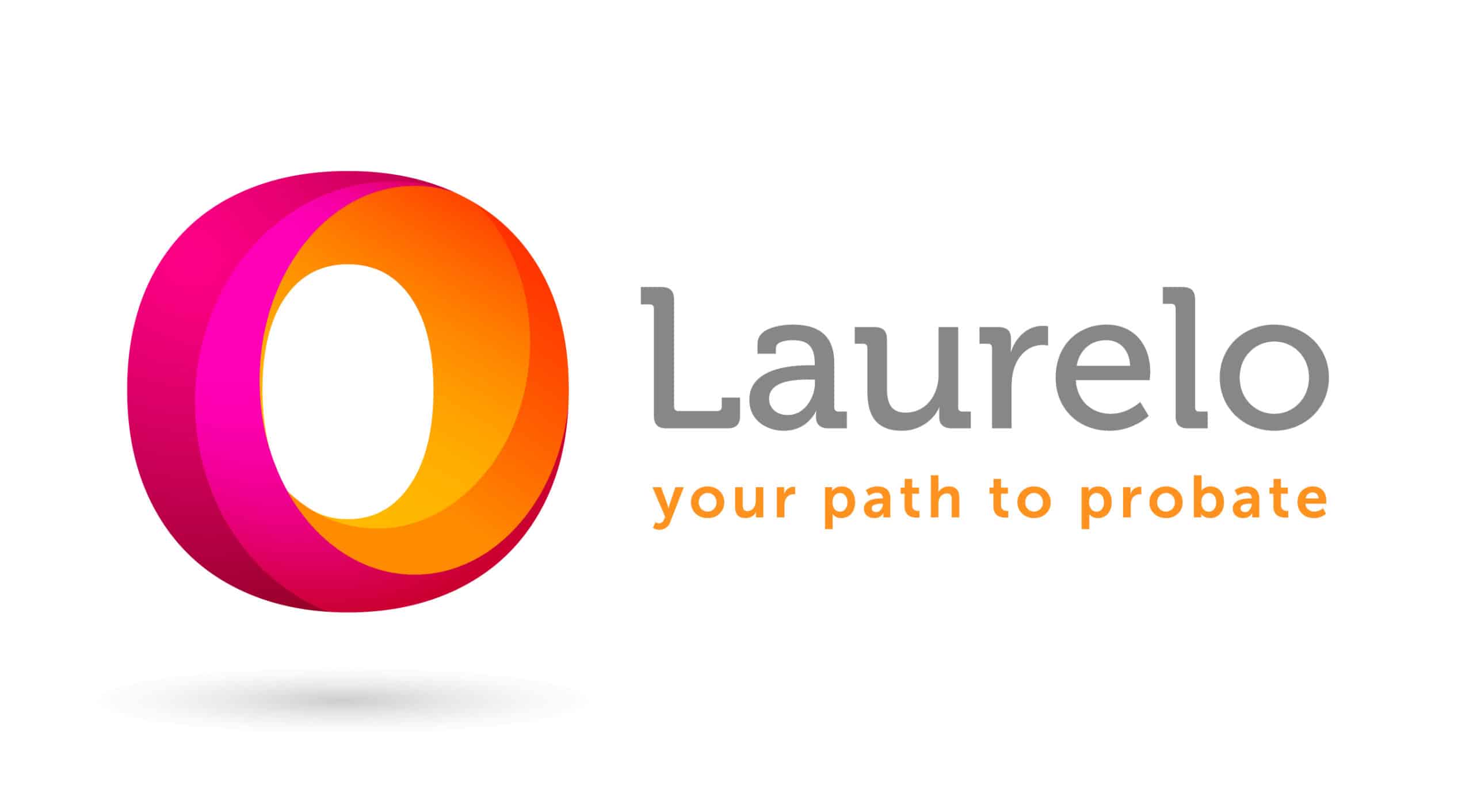You do not have to pay stamp duty on a property you inherit. The only tax you may need to think about is inheritance tax, depending on the value of the estate being passed on. However, stamp duty could become a consideration when you decide what to do with an inherited property.
If you’ve inherited a home and want to sell it quickly, we specialise in buying properties of all shapes, sizes and values, and making the process as hassle free as possible. We’re also experienced at working with people in complicated situations.
What is stamp duty?
Its full name is the stamp duty land tax, or SDLT for short. It is paid by most people buying a property worth more than £125,000 – first time buyers are exempt if the property is worth less than £300,000. It may also be applied in other situations, such as if you transfer your share of a property to a partner and there is still a mortgage on it.
It is calculated on a sliding scale, getting progressively more expensive as the sale price of a home rises. These are the different rates for each band of property value:
- Up to £125,000, stamp duty is zero
- £125,001 to £250,000, stamp duty is 2%
- £250,001 to £925,000, stamp duty is 5%
- £925,001 to £1.5 million, stamp duty is 10%
- Above £1.5 million, stamp duty is 12%
The charge is staggered, so on a home worth £500,000 the first £125,000 is stamp duty free, the next £125,000 is taxed at 2% and the final £250,000 is taxed at 5%. That gives a grand total of £15,000.
Stamp duty on second homes
If you are buying a second home for any reason for more than £40,000 you will be charged an extra 3% on top of the rate in the tax bands above. The government has a handy stamp duty calculator that’ll quickly tell you what you owe. Here are the stamp duty rates for second homes:
- Up to £125,000, stamp duty is 3%
- £125,001 to £250,000, stamp duty is 5%
- £250,001 to £925,000, stamp duty is 8%
- £925,001 to £1.5 million, stamp duty is 13%
- Above £1.5 million, stamp duty is 15%
This means, for a second home worth £500,000 stamp duty is charged at £30,000, which is a considerable increase. It could be an important factor when you decide what to do with an inherited home.
Stamp duty after inheritance
As we’ve mentioned you do not pay stamp duty on an inherited home. That applies whether you take on any outstanding mortgage left on that home or not.
However stamp duty should be considered when you decide what to do next. For example, it’s not unusual for one sibling to buy another sibling’s share of an inherited home, if this is more than the threshold of £125,000 you will have to pay stamp duty.
Often you will already own a home, which means the second home charge of 3% will be added to your bill. So if you want to buy out a sibling for £250,000, you will pay 5% on the second £125,000 and 3% on first, leaving £10,000 to pay. You’ll need to weigh up whether, in the long run, the asset you will own outright is worth paying the charge for.
Equally, you may decide to sell an inherited home and invest the money in a buy-to-let property that is more conveniently located for you. This second property will be subject to stamp duty and the additional charge.
Other taxes to think about
The biggest tax you may have to pay when you inherit a home is inheritance tax (IHT). This is calculated on the value of an estate once bills and debts have been settled.
Currently, the value of an estate above which inheritance tax is paid is £325,000. The tax-free threshold rises to £500,000 if a home is left to children or grandchildren. This threshold is added to that of a remaining spouse or civil partner so they could, potentially, leave £1,000,000 to their family. Any amount inherited above the threshold is taxed at 40%.
This is the only tax you may need to pay when you inherit property, cash or other assets. But if you decide to hold onto an inherited home and rent it out, the money you earn will be subject to income tax.
Similarly, if you keep the property and it does not become your main residence you will have to pay capital gains tax if it has risen in value when you sell it. You will only pay tax on the difference in value between when you inherited it and when you sold it.
Capital gains tax on the property is charged at 18% for low rate taxpayers and 28% for higher rate taxpayers. The annual tax-free allowance on capital gains is currently £12,300, beyond that anybody with an income over £50,000 would pay the tax at 28% on all their gains. Anybody with an income below would pay it at 18% until it took their income above £50,000, at which point the higher rate is applicable.
Working with us
There are lots of reasons you might decide you want to sell an inherited home as quickly as possible. You may not have the time or resources to deal with its upkeep, perhaps you want to release funds to use elsewhere or you might just want peace of mind at an unsettling time.
Our service is designed to make the process as straightforward and hassle free as possible. We take care of valuations and organising solicitors, as well as covering their costs. We move quickly too and are able to buy your house in just seven days if necessary. If you’d like to find out more, we’d love to chat.
Should you require any professional advice on dealing with probate, Laurelo can help. You can learn more about the services they offer here.










